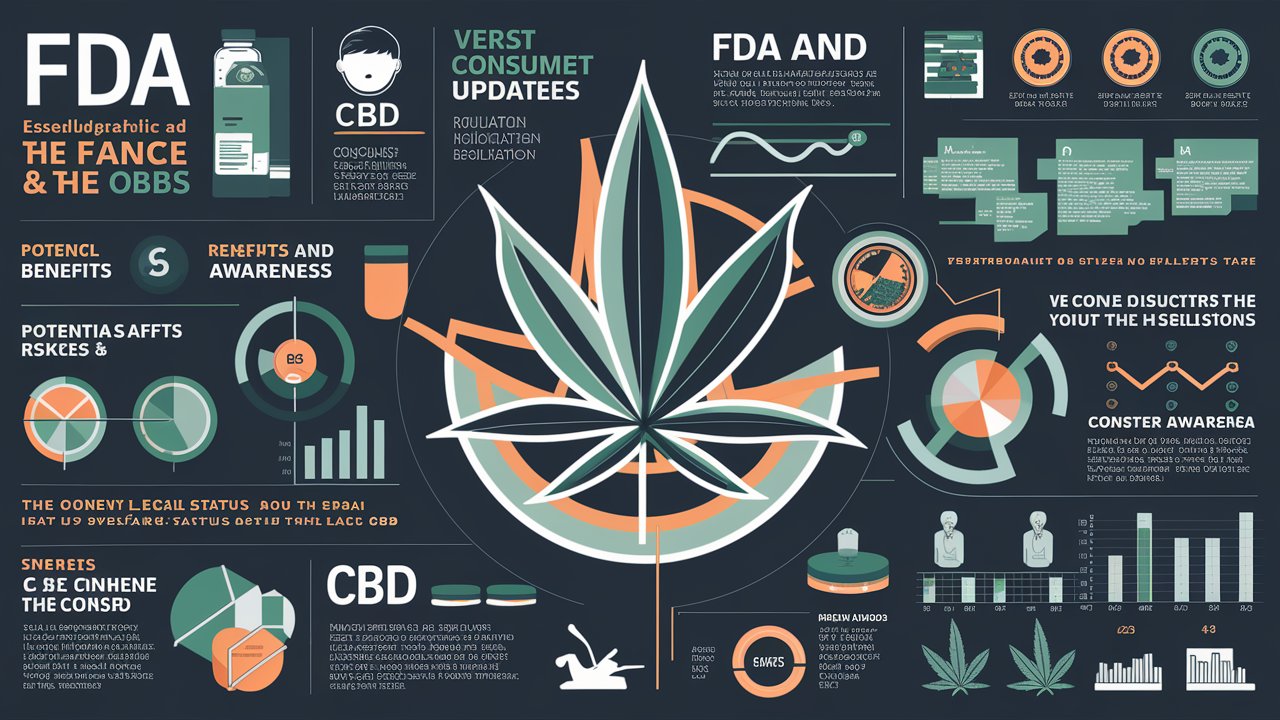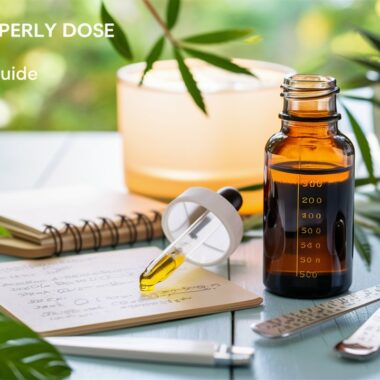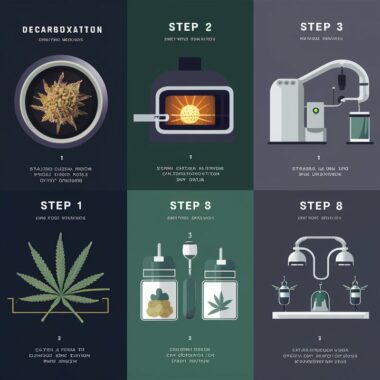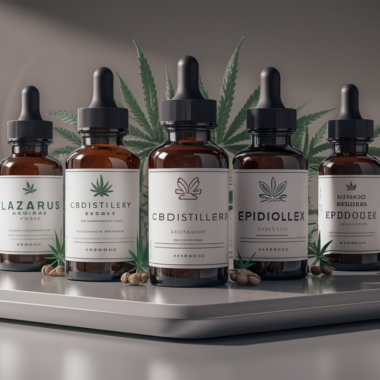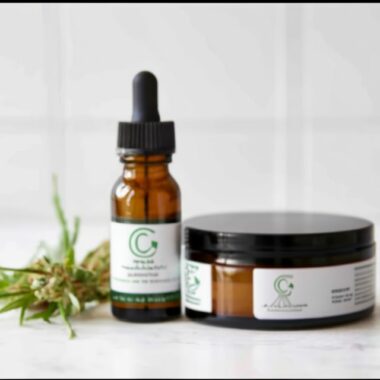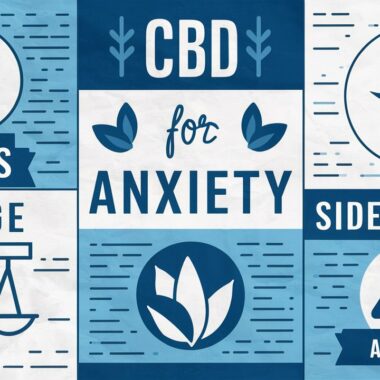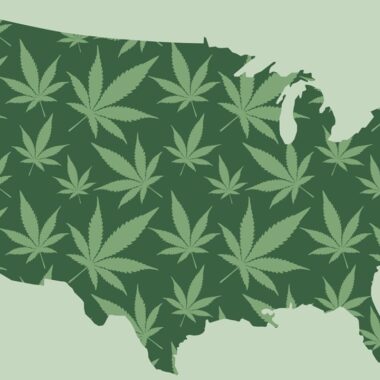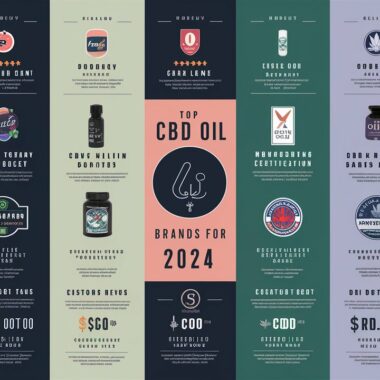Cannabidiol, commonly known as CBD, has surged in popularity over recent years, leading to a booming market of products ranging from oils and tinctures to edibles and creams. As consumers seek the benefits of CBD for ailments such as anxiety, chronic pain, and epilepsy, questions about its safety, efficacy, and regulation have emerged. Central to this discussion is the role of the U.S. Food and Drug Administration (FDA). This article delves into the intricate relationship between the FDA and CBD, covering essential information that consumers, healthcare providers, and industry players need to know.
Understanding CBD
CBD is a non-psychoactive compound found in cannabis plants, specifically in hemp. Unlike its cousin tetrahydrocannabinol (THC), CBD does not induce a “high.” This characteristic makes it an attractive option for those seeking therapeutic benefits without the psychoactive effects. Cannabinoids, including CBD, interact with the body’s endocannabinoid system, which plays a role in maintaining homeostasis.
The FDA’s Role
The FDA is responsible for protecting public health by ensuring the safety, efficacy, and security of drugs, biological products, and medical devices. When it comes to CBD, the FDA’s role becomes complex due to the compound’s association with both medicinal and recreational uses. The FDA’s primary concerns include:
- Regulation of CBD Products: The FDA oversees the marketing and sale of CBD products to ensure they do not make unproven health claims and are safe for consumption.
- Approval of CBD-based Drugs: The FDA has approved one CBD-based drug, Epidiolex, for the treatment of rare forms of epilepsy, signaling the compound’s potential when used under medical supervision.
- Monitoring Adverse Effects: The FDA tracks adverse events and interactions associated with CBD use to identify potential risks.
Current FDA Stance on CBD
The FDA’s stance on CBD remains cautious. While the agency acknowledges the potential therapeutic benefits of CBD, it emphasizes the need for more research to determine safe usage guidelines. The current regulatory framework includes:
- Prohibition of Adding CBD to Food and Beverages: As of now, it is illegal to add CBD to food and beverages or market it as a dietary supplement.
- Labeling and Marketing Restrictions: CBD products must not make unsubstantiated health claims. Misleading labels can result in enforcement actions from the FDA.
Research and Clinical Trials
The FDA encourages and facilitates research into the potential medical uses of CBD. Clinical trials are essential for understanding the safety and efficacy of CBD in various applications. Researchers must obtain Investigational New Drug (IND) approval from the FDA to conduct studies involving CBD. This process ensures that studies are scientifically sound and ethically conducted.
Common Myths and Misconceptions
- CBD is Completely Legal: While the 2018 Farm Bill legalized the cultivation of hemp (and, by extension, hemp-derived CBD with less than 0.3% THC), this does not mean all CBD products are legal. The FDA still regulates how CBD can be marketed and sold.
- CBD Can Cure Any Ailment: Despite numerous anecdotal reports, scientific evidence supporting many of the health claims made about CBD is still limited. The FDA warns against assuming CBD is a cure-all.
- All CBD Products are Safe: The lack of regulation in the CBD market means that product quality and safety can vary widely. Consumers should look for products that have been third-party tested for contaminants and accurate labeling.
Consumer Safety and Best Practices
For consumers interested in using CBD, it is crucial to consider safety and efficacy:
- Consult Healthcare Providers: Before starting any CBD regimen, discuss it with a healthcare provider, especially if you are on other medications.
- Check for Third-party Testing: Look for products that have been independently tested for purity and potency.
- Start with a Low Dose: Begin with a low dose and gradually increase it to find the optimal amount for your needs.
Future of CBD Regulation
The future of CBD regulation by the FDA will likely evolve as more research becomes available and as public interest continues to grow. Key areas to watch include:
- Development of Comprehensive Regulatory Guidelines: The FDA is expected to provide more detailed guidelines on the safe use of CBD in food, beverages, and supplements.
- Expansion of Approved Medical Uses: As clinical trials yield more data, the list of approved medical uses for CBD may expand.
- Increased Enforcement Actions: The FDA may ramp up enforcement against companies making false claims or selling contaminated products.
Conclusion
The relationship between the FDA and CBD is complex and evolving. While CBD holds significant promise for various therapeutic applications, its regulation requires careful consideration to ensure consumer safety and product efficacy. Staying informed about FDA guidelines and ongoing research is crucial for anyone involved in the CBD market, whether as a consumer, healthcare provider, or industry participant.
Further Reading
For those interested in exploring more about CBD and FDA regulations, consider the following resources:
- FDA’s Official Website: Provides up-to-date information on the regulation of CBD products.
- ClinicalTrials.gov: A database of privately and publicly funded clinical studies conducted around the world.
- PubMed: A resource for finding scientific studies and reviews on CBD and its potential health benefits.
- CBD Cream for Neck Pain Relief: A Comprehensive Guide to Benefits, Usage, and Effectiveness - September 13, 2024
- Medical Marijuana Card: How to Get One and What You Need to Know - September 13, 2024
- CBD For Anxiety: Uses, Dosage And Side Effects - September 13, 2024

